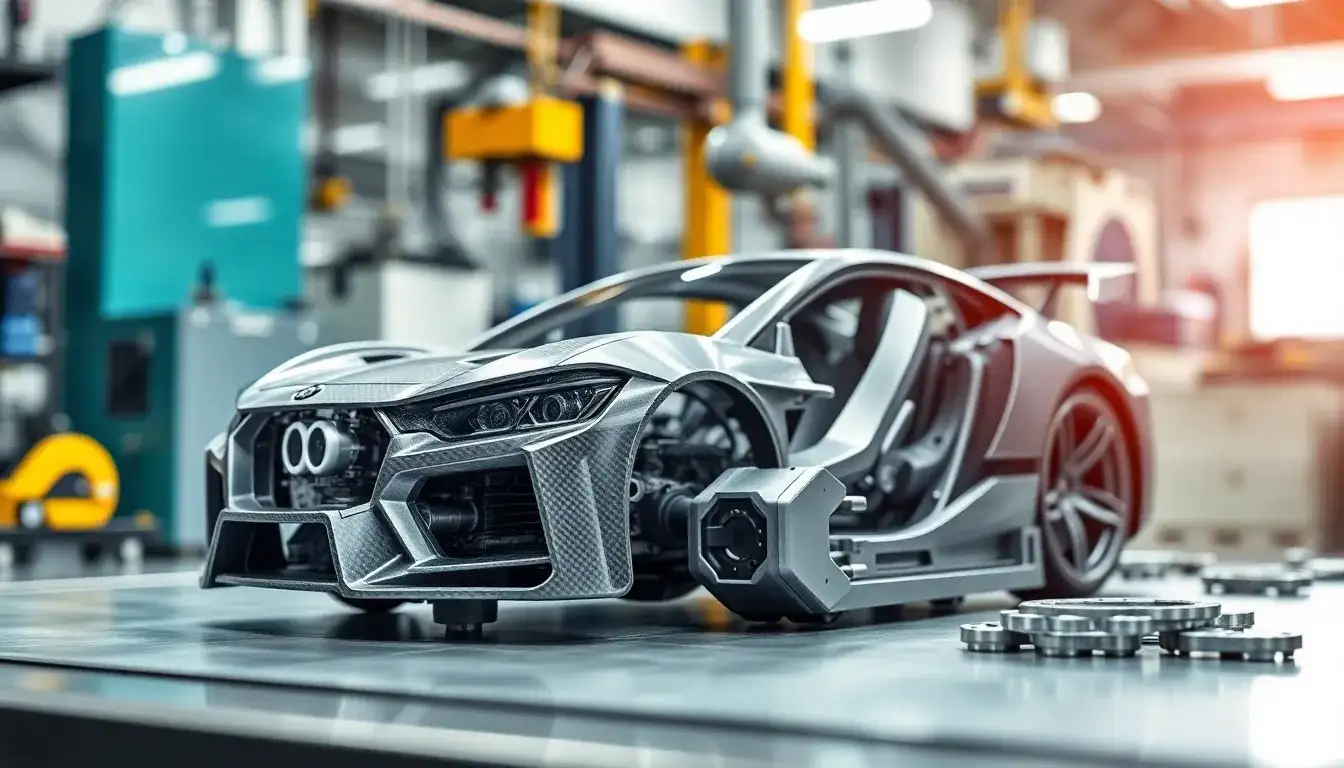
New Energy Industry Analysis: The domestic precision manufacturing sector is adapting to the growing demand for lightweight vehicles, which is accelerating production and growth.
As of March 25, 2025, the market report indicates that the lightweight vehicle manufacturing industry is rapidly evolving. A recent analysis reveals that precision manufacturing is responding to the increased demand for lightweight vehicles, which is driving production efficiency and growth.
The report highlights the major advancements in the use of materials such as PA, PPS, and PEEK. These materials are being utilized in the production of crucial components for various vehicle types, including passenger cars, commercial vehicles, new energy vehicles, and high-end electric vehicles. The growing trend towards lightweight vehicles is particularly evident in the automotive sector.
Lightweight vehicle manufacturing is expected to experience significant growth, driven by advancements in materials and manufacturing technologies. The demand for lightweight vehicles is not only a response to regulatory pressures but also a reflection of consumer preferences for fuel-efficient options.
1) Automotive Lightweighting: The industry is seeing a broad application of lightweight materials, which can reduce manufacturing costs while enhancing vehicle performance. Lightweight components are being increasingly integrated into new energy vehicles, leading to improved efficiency and reduced overall vehicle weight.
2) Machine Learning and Automation: The push for lightweight vehicles is also linked to advancements in machine learning and automation technologies. As manufacturers strive to enhance production capabilities, machine learning algorithms are being employed to optimize the design and manufacturing processes of lightweight vehicle components.
3) Market Dynamics: The analysis suggests that the demand for lightweight vehicles is expected to rise significantly in the coming years, with projections indicating a compound annual growth rate (CAGR) of 9.89% from 2023 to 2026. The increasing pressure from both consumers and regulations is likely to drive this trend.
4) Technological Innovations: The report emphasizes the role of innovation in the lightweight vehicle market. Manufacturers are investing heavily in research and development to create more efficient, lightweight materials that can withstand the demands of modern vehicle performance.
5) Collaboration and Partnerships: The future of the lightweight vehicle sector will likely involve strategic partnerships among manufacturers, suppliers, and technology providers to drive advancements in lightweighting technologies.
Overall, the analysis concludes that the precision manufacturing sector is well-positioned to meet the increasing demand for lightweight vehicles through innovation and collaboration. The industry is expected to continue evolving, with a focus on sustainable production practices and enhanced vehicle performance.
For more detailed insights and data, please refer to the full report.







